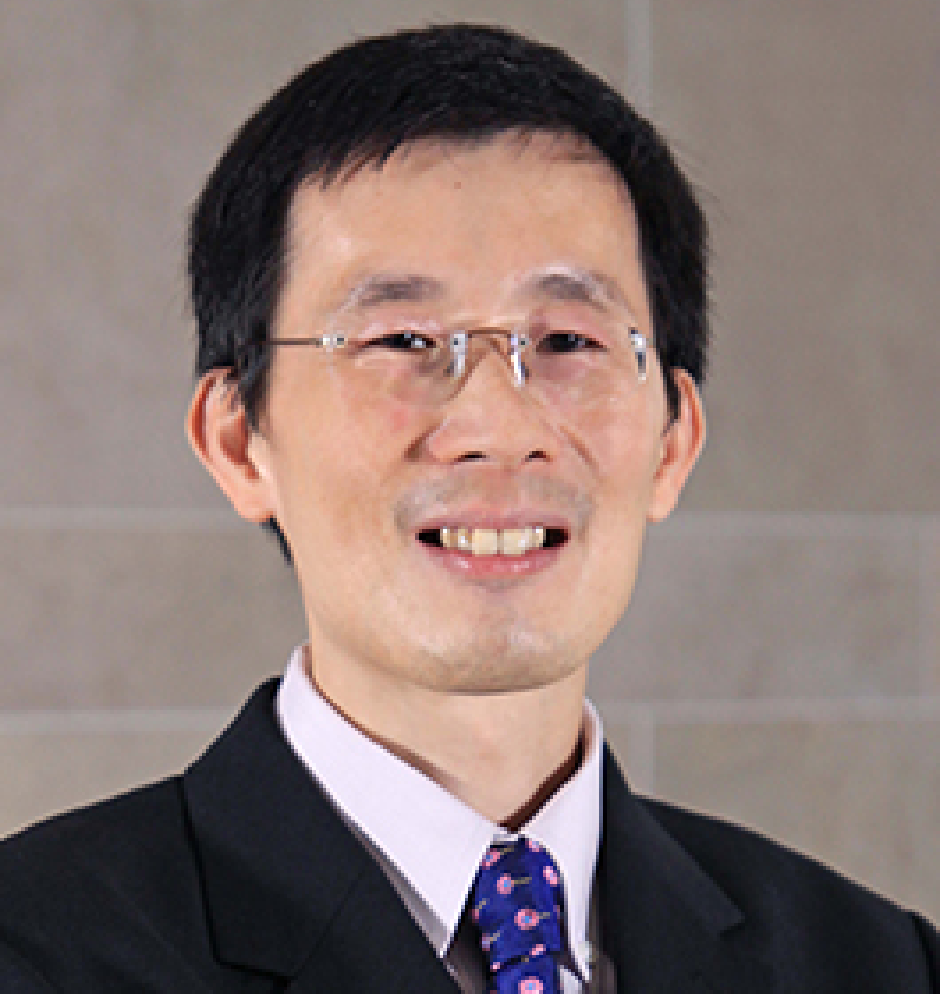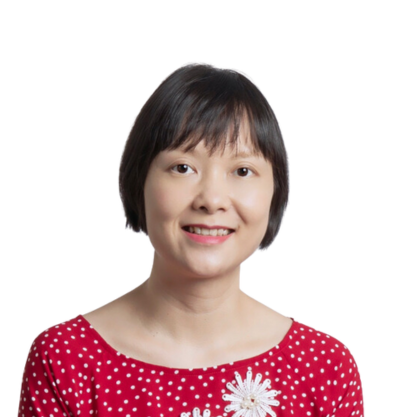Find a Collaborator
Home › Partnerships & Collaborations › Find a Collaborator › On Your Cancer of Interest
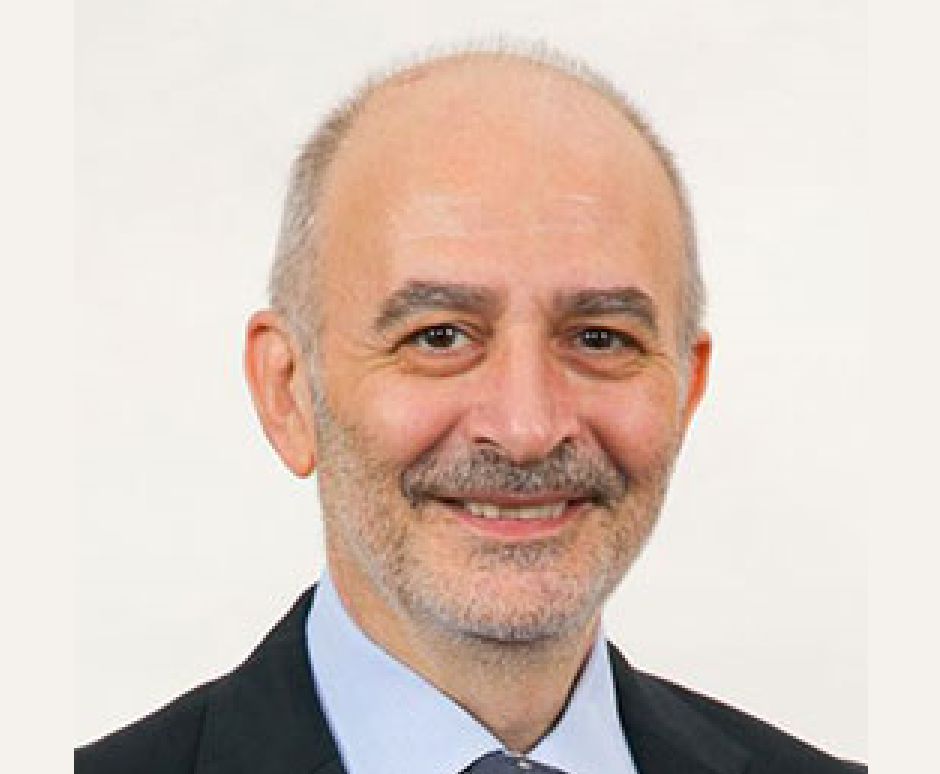
Prof Dario CAMPANA
Haematological
Research focus is on the development of innovative technologies to treat cancer with immune cells, and their translation into first-in human clinical trials.

Dr CHEONG Jit Kong
Haematological
Research focus is on uncovering and characterising novel signalling nodes of oncogenic RAS-driven human cancers to facilitate the development of tractable therapeutic modalities.
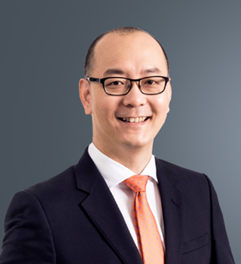
Prof CHNG Wee Joo
Haematological
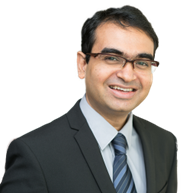
Dr Anand Devaprasath JEYASEKHARAN
Haematological
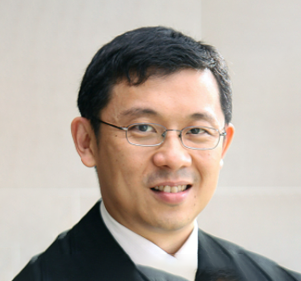
Prof KOH Liang Piu
Haematological
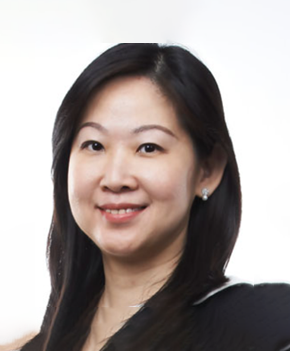
A/Prof NG Siok Bian
Haematological
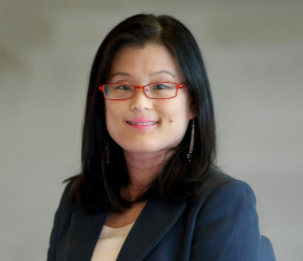
Dr OOI Gaik Ming, Melissa
Haematological
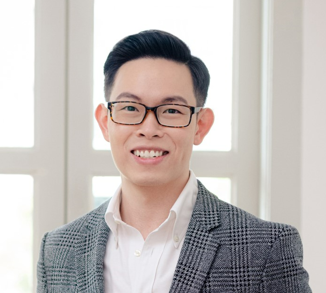
Dr TAY Kah Ping, Andy
Haematological
The research focus of the Tay lab is tissue-specific drug delivery and immunotherapeutics against cancer.
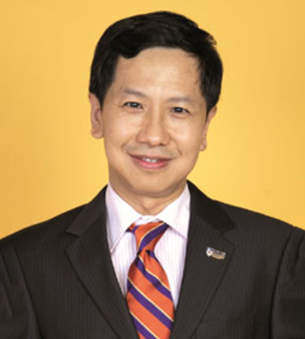
Prof YEOH Eng Juh, Allen
Haematological
Research focus is on improving Acute Lymphoblastic Leukaemia treatment in children and adults by better prediction of each patient’s risk of relapse using highly sensitive biomarkers like RNA-Seq and MRD measurements. Prof Yeoh works on immune cell therapy especially CAR-T cell therapy for leukaemia with Prof Dario Campana in NUSMed.
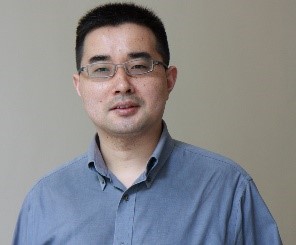
Dr ZHOU Jianbiao
Haematological
Research focus is on the drug resistance mechanisms and aggressive phenotypes in hematologic malignancies, as well as the development predictive markers, novel therapeutic targets.

A/Prof YEOH Eng Juh, Allen
Haematological

A/Prof YEOH Eng Juh, Allen
Haematological
Secondary Members

A/Prof Michelle POON
Haematological
Research interest is in hematopoietic stem cell Transplantation and cellular therapy.
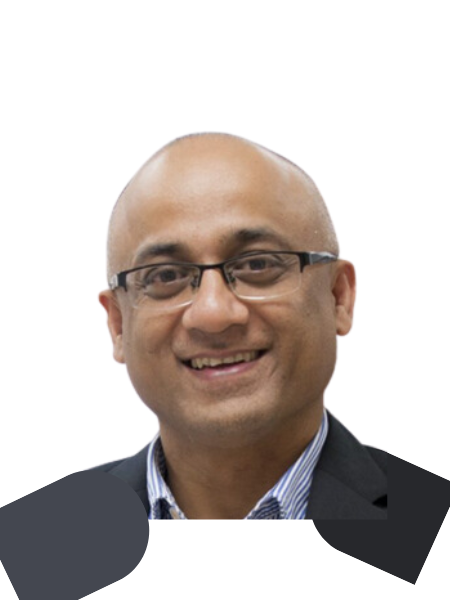
Prof Vinay TERGAONKAR
Haematological
My lab aims to understand fundamental mechanisms by which novel RNAs regulate carcinogenesis.

Dr CHEONG Jit Kong
Haematological
Research focus is on uncovering and characterising novel signalling nodes of oncogenic RAS-driven human cancers to facilitate the development of tractable therapeutic modalities.
Adjunct Members
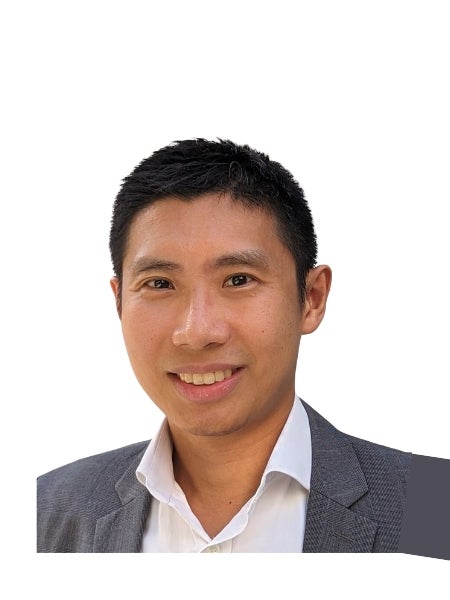
Dr CHAN Wee Lee, William
Haematological
I am a haematologist specialising in lymphoma research. My work focuses on identifying novel therapeutic targets and developing targeted and cellular therapy for T cell lymphomas. I also wish to study mechanisms of drug resistance in lymphoma using integrative approaches, including multi-omic data analyses.

Prof Vinay TERGAONKAR
Haematological
My lab aims to understand fundamental mechanisms by which novel RNAs regulate carcinogenesis.

Dr CHEONG Jit Kong
Haematological
Research focus is on uncovering and characterising novel signalling nodes of oncogenic RAS-driven human cancers to facilitate the development of tractable therapeutic modalities.
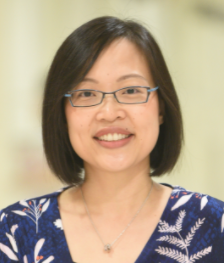
A/Prof CHEE Cheng Ean
Colorectal

Dr CHEONG Jit Kong
Gastric
Research focus is on uncovering and characterising novel signalling nodes of oncogenic RAS-driven human cancers to facilitate the development of tractable therapeutic modalities.

Dr CHIA Le Bin, Gloryn
Colorectal
The research focuses on developing novel immunotherapies that harness the immune system to target tumors, with a particular emphasis on neoantigens. These neoantigens, which arise from tumor-specific mutations, represent a distinct class of antigens recognized by T cells, making them promising targets for precision cancer therapies. By identifying and characterizing these neoantigens, the aim is to develop personalized cancer vaccines and T cell-based therapies that improve the immune system’s capacity to recognize and eliminate tumors.
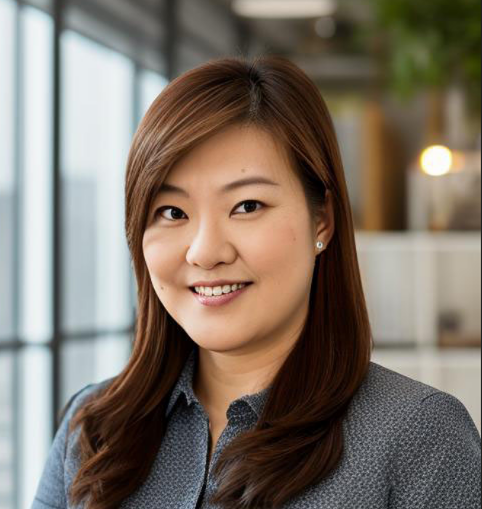
Dr ENG Wee Ling, Gracie
Gastric/ Nasopharyngeal/ Colorectal
Research interest focuses on the role of miRNAs as a biomarker for diagnosis and prognosis, and as a potential therapeutic biomolecule in a variety of diseases.
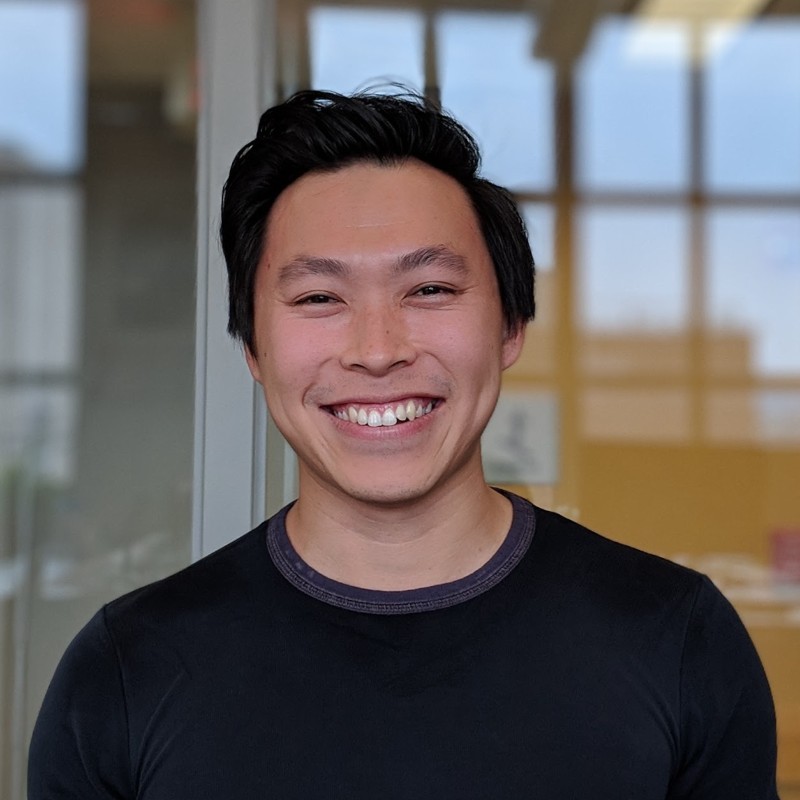
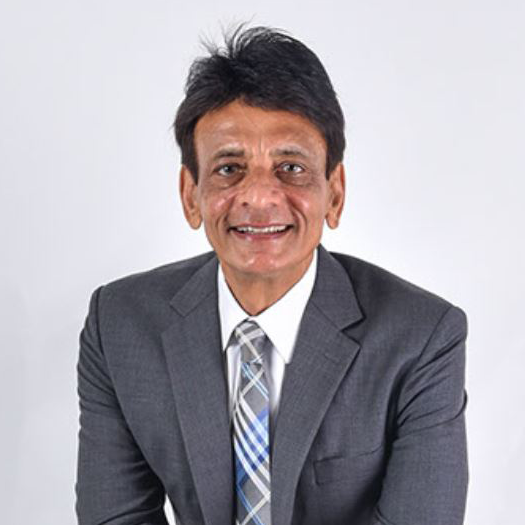
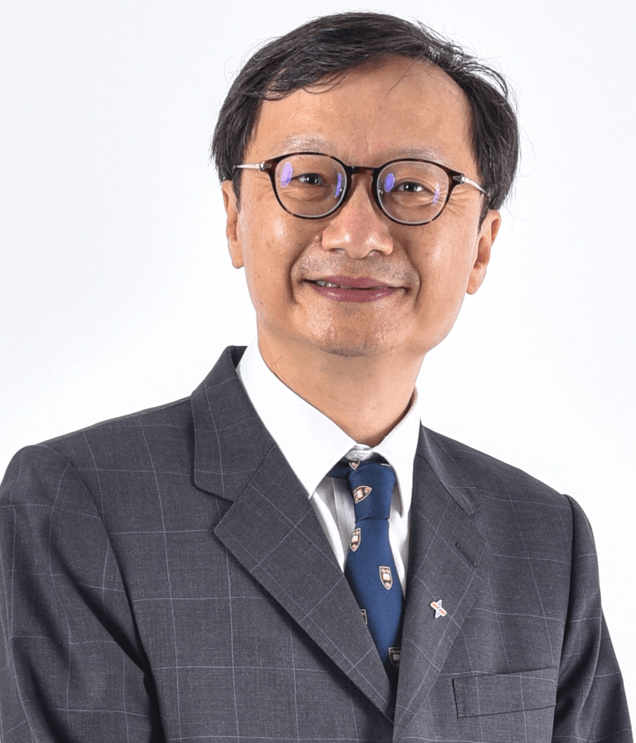
Prof SO Bok Yan, Jimmy
Gastric
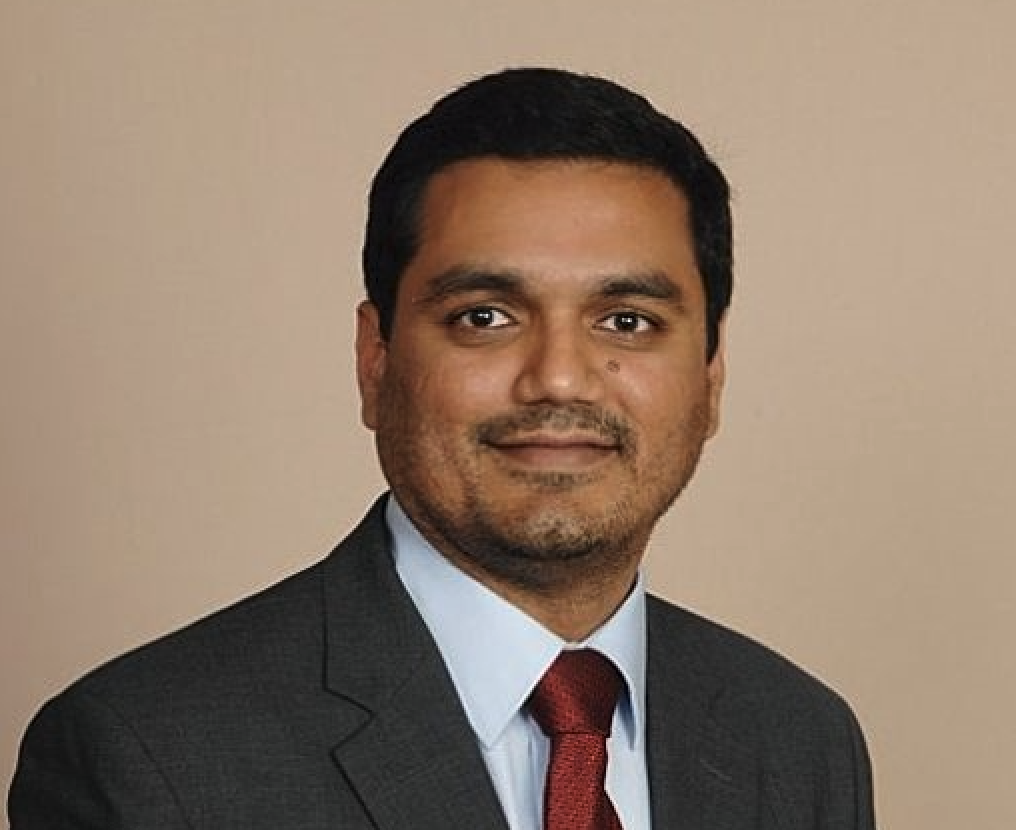
Dr Sriram SRIDHARAN
Gastric / Colorectal
Research focus is to study how DNA replication is a source of genome instability. I aim to understand why and how the (epi)genome acts as an impediment to faithful DNA replication.
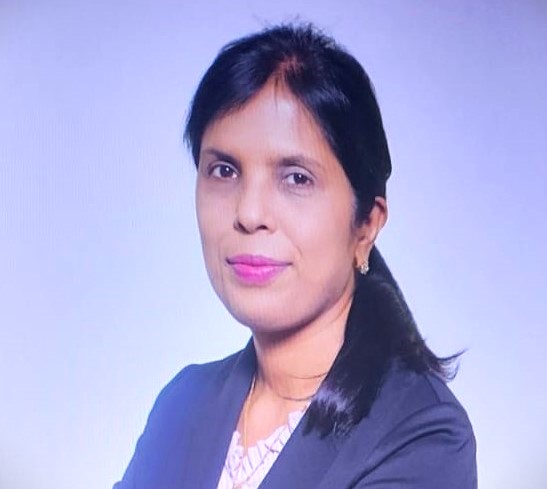
Dr Supriya SRIVASTAVA
Gastric
Pathologist with a specific focus on solid cancers, particularly gastrointestinal cancers. Research focuses on the identification and validation of biomarkers that aid in the early diagnosis of gastric cancers as well as metaplastic lesions of stomach, that are considered preneoplastic and could be targeted at an early stage thereby improving the patient outcome.
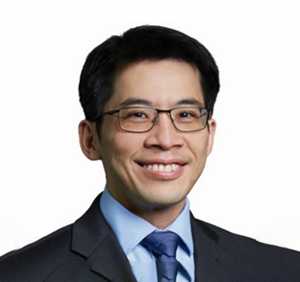
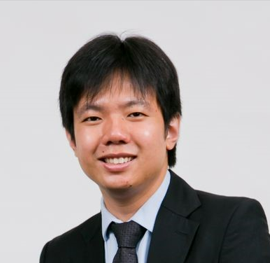
Dr TAY Kai Xun, Joshua
Nasopharyngeal
Dr Joshua Tay leads a cancer genomics laboratory, with special expertise in micro-dissected gene expression profiling from archival FFPE tissue specimens. His lab has built and patented gene expression signatures to predict patient outcomes for precision medicine.
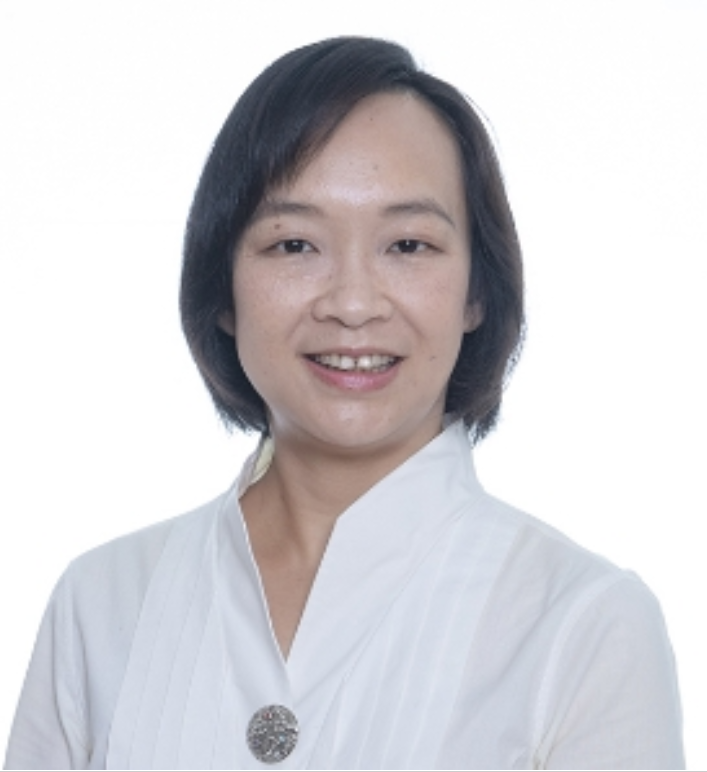
A/Prof YAP Suen Mei, Celestial
Gastric
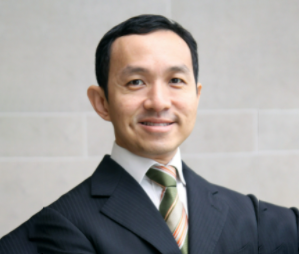

Dr TAY Kai Xun, Joshua
Nasopharyngeal
Dr Joshua Tay leads a cancer genomics laboratory, with special expertise in micro-dissected gene expression profiling from archival FFPE tissue specimens. His lab has built and patented gene expression signatures to predict patient outcomes for precision medicine.

A/Prof YAP Suen Mei, Celestial
Gastric
Secondary Members
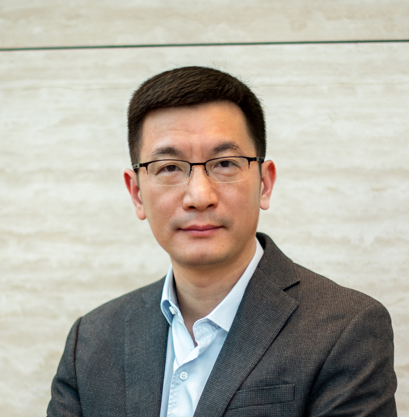
Prof CHEN Xiaoyuan, Shawn
Colorectal
Research focus is on the systematic investigation and application of translational nanotherapeutics in cancer immunotherapy. I have developed a series of nanotherapeutic systems for the early diagnosis, precise treatment, and effective monitoring of various malignancies, including prostate cancer, pancreatic cancer, colorectal cancer, and so on.

Dr CHEONG Jit Kong
Gastric
Research focus is on uncovering and characterising novel signalling nodes of oncogenic RAS-driven human cancers to facilitate the development of tractable therapeutic modalities.

Dr CHIA Le Bin, Gloryn
Colorectal
The research focuses on developing novel immunotherapies that harness the immune system to target tumors, with a particular emphasis on neoantigens. These neoantigens, which arise from tumor-specific mutations, represent a distinct class of antigens recognized by T cells, making them promising targets for precision cancer therapies. By identifying and characterizing these neoantigens, the aim is to develop personalized cancer vaccines and T cell-based therapies that improve the immune system’s capacity to recognize and eliminate tumors.

Dr CHEONG Jit Kong
Breast
Research focus is on uncovering and characterising novel signalling nodes of oncogenic RAS-driven human cancers to facilitate the development of tractable therapeutic modalities.

A/Prof DENG Lih Wen
Gynaecological

Dr CHIA Le Bin, Gloryn
Gynaecological
The research focuses on developing novel immunotherapies that harness the immune system to target tumors, with a particular emphasis on neoantigens. These neoantigens, which arise from tumor-specific mutations, represent a distinct class of antigens recognized by T cells, making them promising targets for precision cancer therapies. By identifying and characterizing these neoantigens, the aim is to develop personalized cancer vaccines and T cell-based therapies that improve the immune system’s capacity to recognize and eliminate tumors.
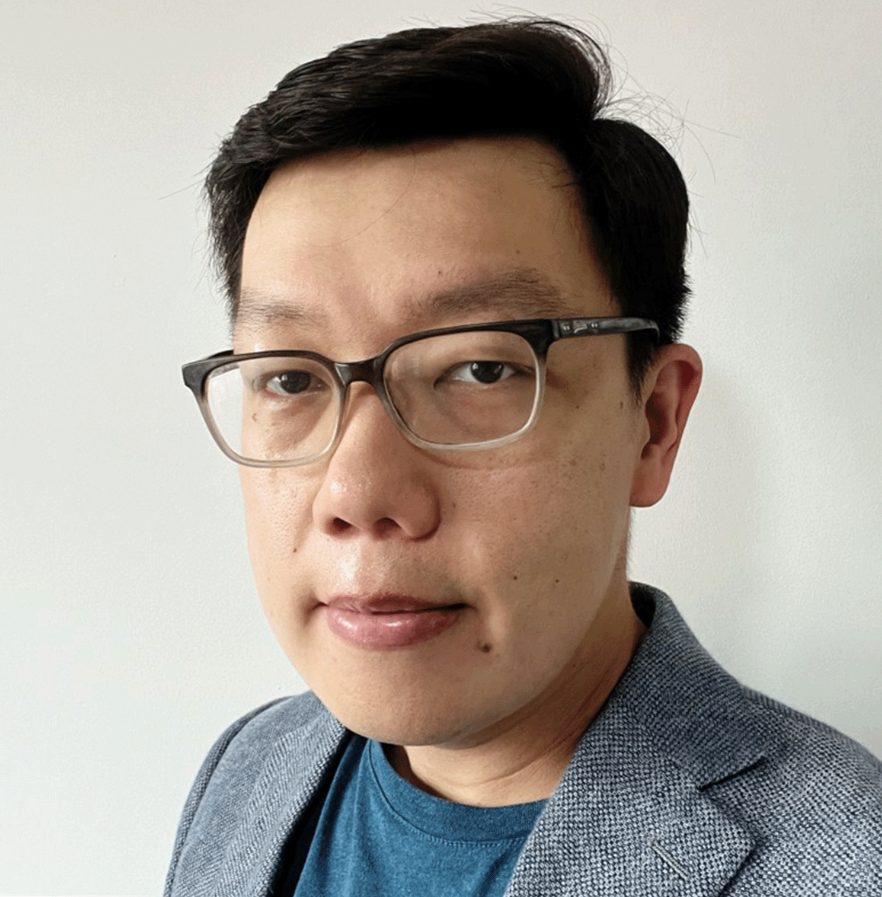
Dr KONG Li Ren
Breast
Research focus is in targeted intervention based on germline mutations.

Dr Alan Prem KUMAR
Breast
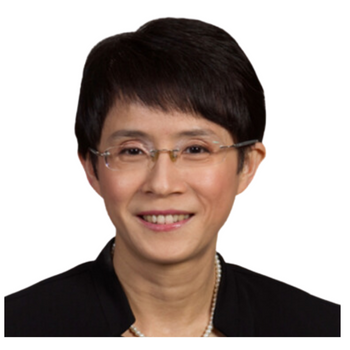
Prof LEE Soo Chin
Breast
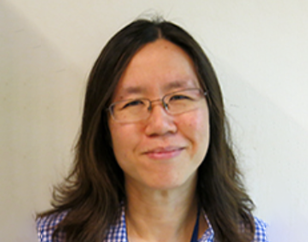
A/Prof LIM Gkeok Stzuan, Diana
Gynaecological

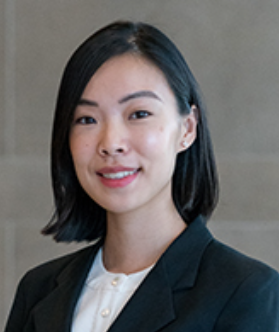

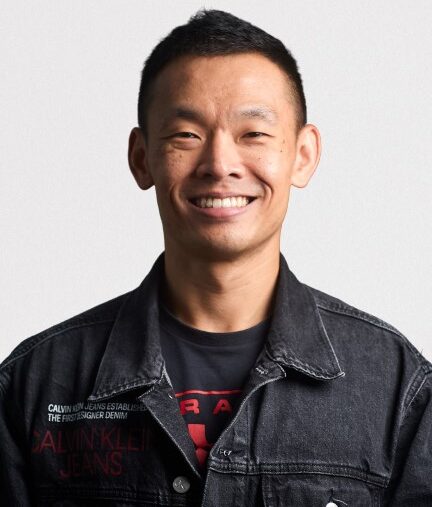
Dr TAI Yee Kit Alex
Breast
Research focus is on exploring the therapeutic benefits of pulsed electromagnetic fields (PEMF) as an exercise-mimetic to enhance the vulnerability of tumor cells to chemotherapy.
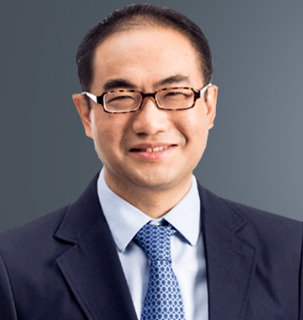
A/Prof TAN Shao Peng, David
Gynaecological

Dr TAY Kah Ping, Andy
Breast/ Gynaecological
The research focus of the Tay lab is tissue-specific drug delivery and immunotherapeutics against cancer.
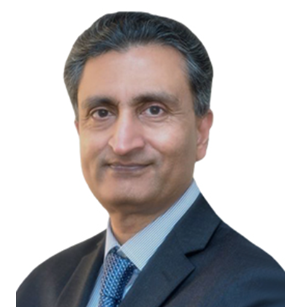
Prof Ashok VENKITARAMAN
Breast

A/Prof YAP Suen Mei, Celestial
Breast
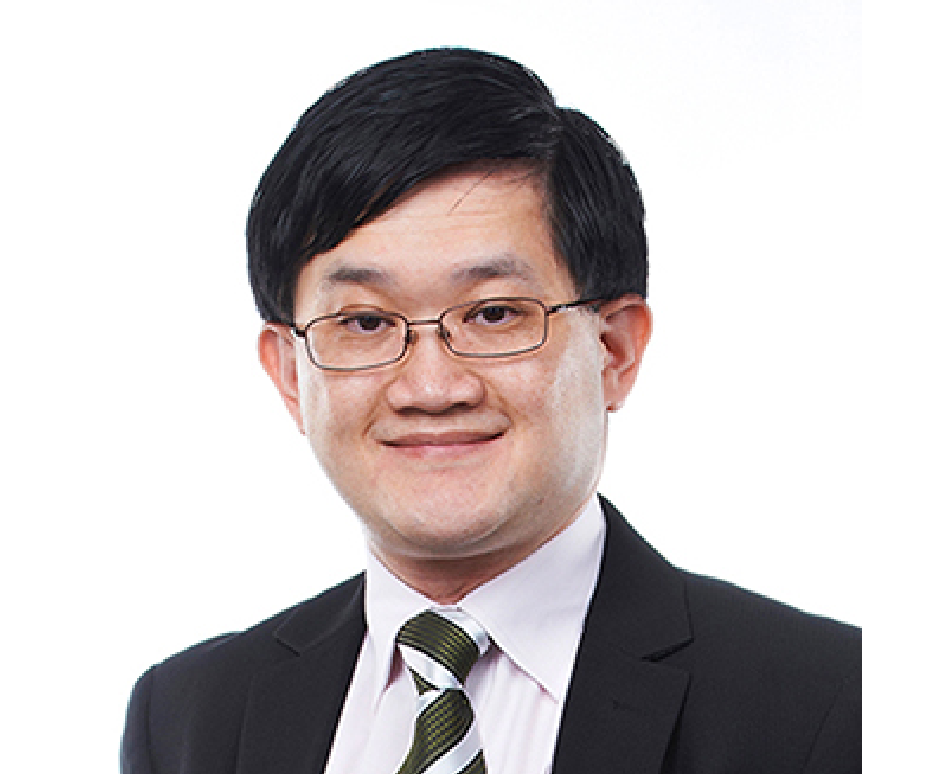
A/Prof YIP Wai Cheong, George
Breast

Prof Ashok VENKITARAMAN
Breast

A / Prof YAP Suen Mei, Celestial
Breast
Secondary Members
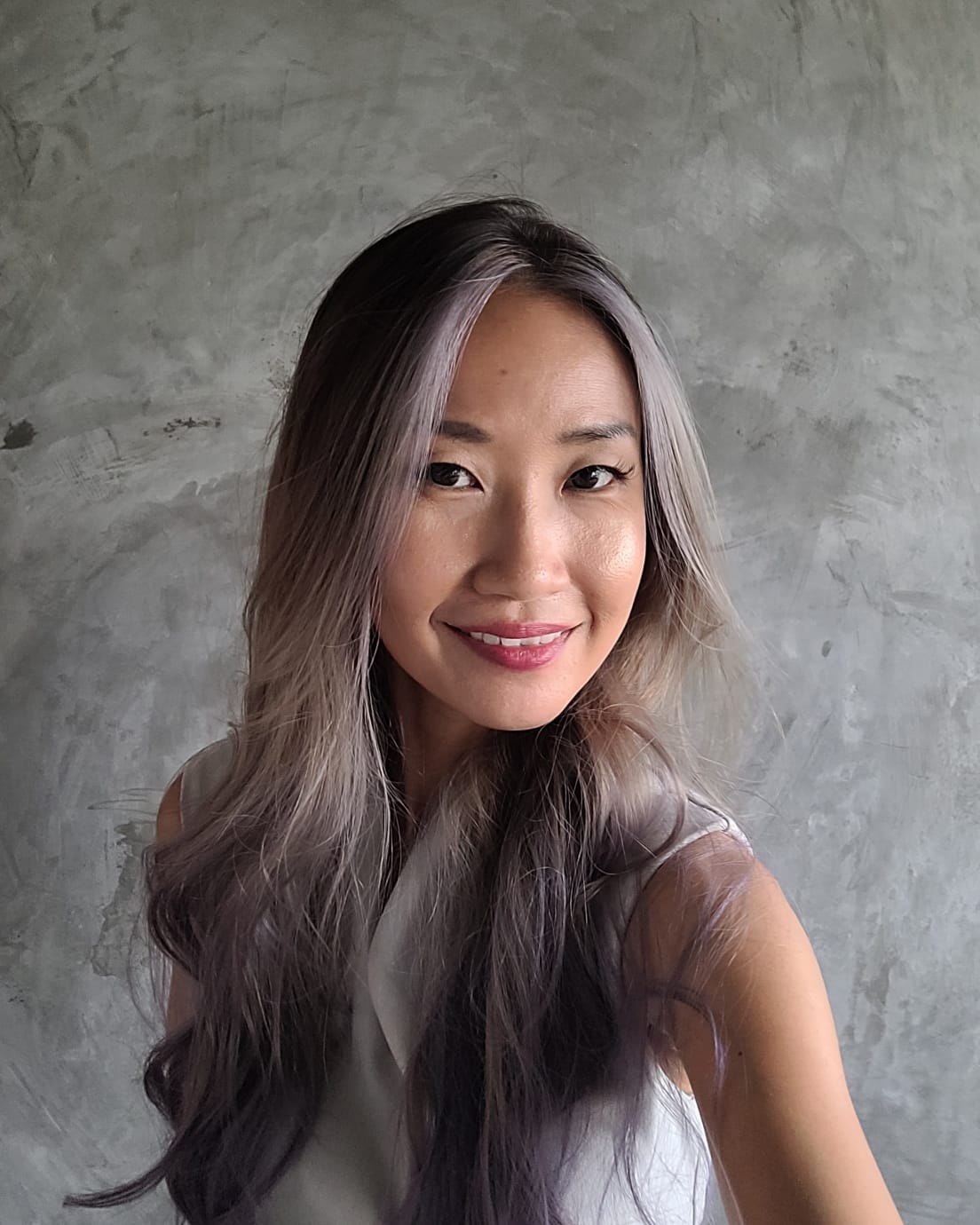
Dr LI Jingmei
Breast/ Gynaecological
Research focus is on multi-ancestry genome-wide association studies (GWAS), polygenic risk scores (PRS), DNA methylation as environmental proxies, the biological significance of germline variants, integrating genetics into national health programs, and understanding factors that defy high-risk predictions in breast cancer.
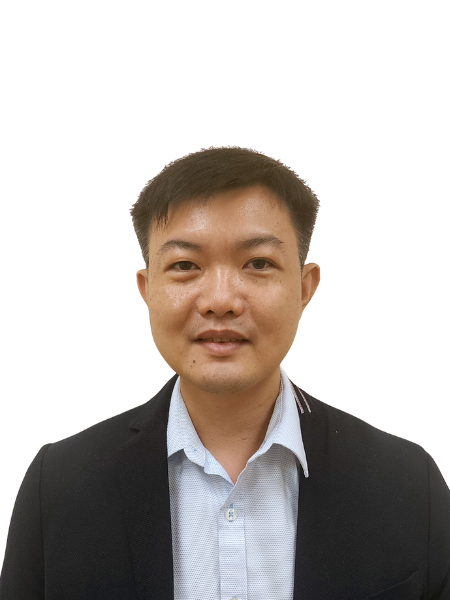
Dr TOH Tan Boon
Breast/ Gynaecological
Our lab focuses on advancing functional precision and personalised oncology by developing patient-derived models that accurately reflect the molecular and cellular complexity of human cancers. Additionally, our research investigates the clinically relevant mechanisms of drug resistance in these models to enhance therapeutic
effectiveness.

Dr CHIA Le Bin, Gloryn
Gynaecological
The research focuses on developing novel immunotherapies that harness the immune system to target tumors, with a particular emphasis on neoantigens. These neoantigens, which arise from tumor-specific mutations, represent a distinct class of antigens recognized by T cells, making them promising targets for precision cancer therapies. By identifying and characterizing these neoantigens, the aim is to develop personalized cancer vaccines and T cell-based therapies that improve the immune system’s capacity to recognize and eliminate tumors.
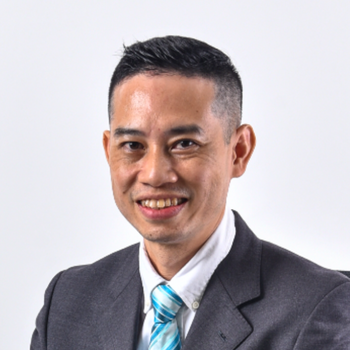
Dr CHEONG Jit Kong
Liver/ Pancreatic
Research focus is on uncovering and characterising novel signalling nodes of oncogenic RAS-driven human cancers to facilitate the development of tractable therapeutic modalities.
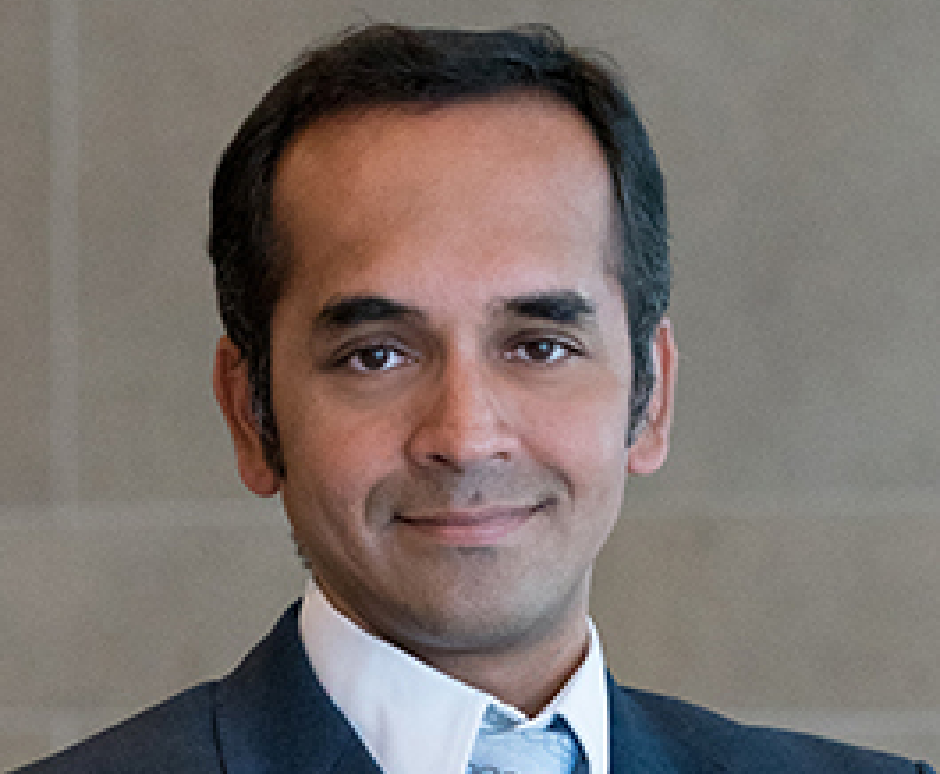
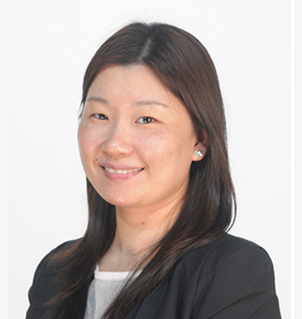
A/Prof CHEN Leilei, Polly
Liver

A/Prof CHEW Suk Peng, Valerie
Liver
Research delves into deciphering the intricate immune landscape and crosstalk within the tumor microenvironment of hepatocellular carcinoma (HCC), with a keen focus on uncovering biomarkers and therapeutic avenues.

Dr LIU Bee Hui
Liver/ Pancreatic
Drug development is a critical bridge between basic discovery and translational research. Dr. Liu develops therapeutic modalities for challenging targets, with a focus on transcriptional regulators in Asian-prevalent cancers.


Dr TAY Kah Ping, Andy
Liver/ Pancreatic
The research focus of the Tay lab is tissue-specific drug delivery and immunotherapeutics against cancer.

Prof Ashok VENKITARAMAN
Pancreatic

Secondary Members

Prof Vinay TERGAONKAR
Liver/ Pancreatic
My lab aims to understand fundamental mechanisms by which novel RNAs regulate carcinogenesis.

Dr TOH Tan Boon
Liver/ Pancreatic
Our lab focuses on advancing functional precision and personalised oncology by developing patient-derived models that accurately reflect the molecular and cellular complexity of human cancers. Additionally, our research investigates the clinically relevant mechanisms of drug resistance in these models to enhance therapeutic effectiveness.

A/Prof CHEN Leilei, Polly
Liver
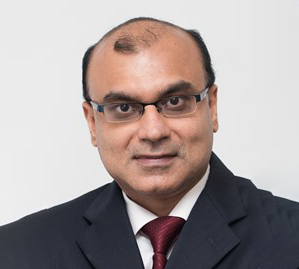
A/Prof Gautam SETHI
Lung
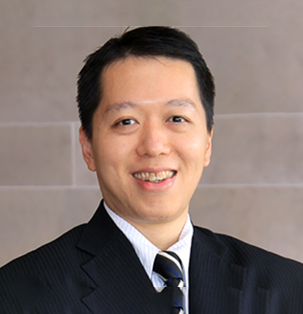

Dr TAY Kai Xun, Joshua
Head and Neck
Dr Joshua Tay leads a cancer genomics laboratory, with special expertise in micro-dissected gene expression profiling from archival FFPE tissue specimens. His lab has built and patented gene expression signatures to predict patient outcomes for precision medicine.

A/Prof Raymond TSANG
Head and Neck
Research focus is on the detection and surgical treatment of nasopharyngeal carcinoma, the swallowing function of patients after head and neck cancer treatment & robotic surgery in head and neck particularly the nasopharynx and skull base.
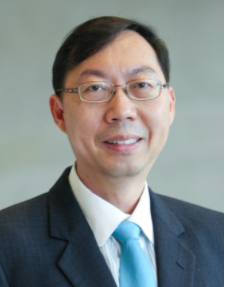
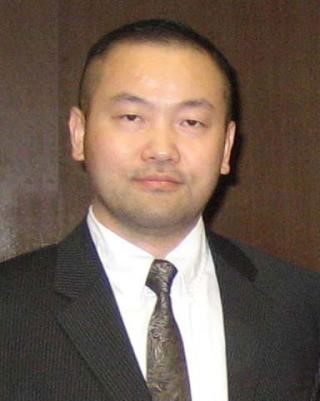
Prof Yang ZHANG
Lung/ Thoracic / Head and Neck/ Thyroid
Built on cutting-edge artificial intelligence (AI) and deep-learning techniques, we are developing new methods for protein and RNA structure prediction and protein designs. We are particularly interested in the application of the AI-based computational methods for effective cancer therapeutics, with focuses on anti-cancer peptide-drug conjugates (PDCs) and T-cell receptor (TCR)-based adoptive therapy..

